Slosh-stopping Foam
Engineers discover what waiters and bartenders have known for centuries: foam keeps drinks from sloshing.

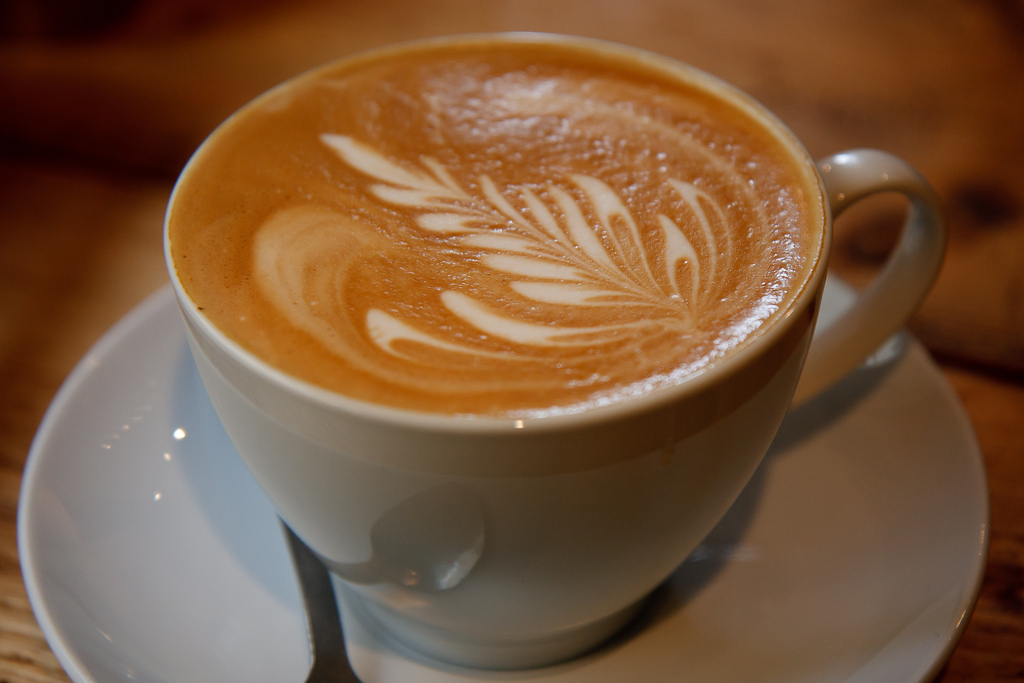
Engineers discover what waiters and bartenders have known for centuries: foam keeps drinks from sloshing.
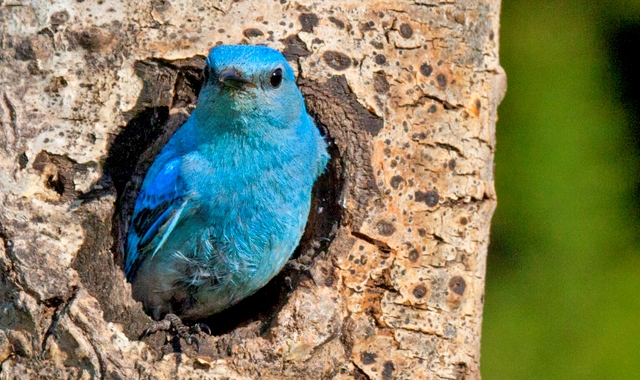
Bluebird mothers control their sons’ ability to compete for habitat in post-fire habitat.
A smartphone app allows citizen scientists to track litter that makes its way into our waterways.
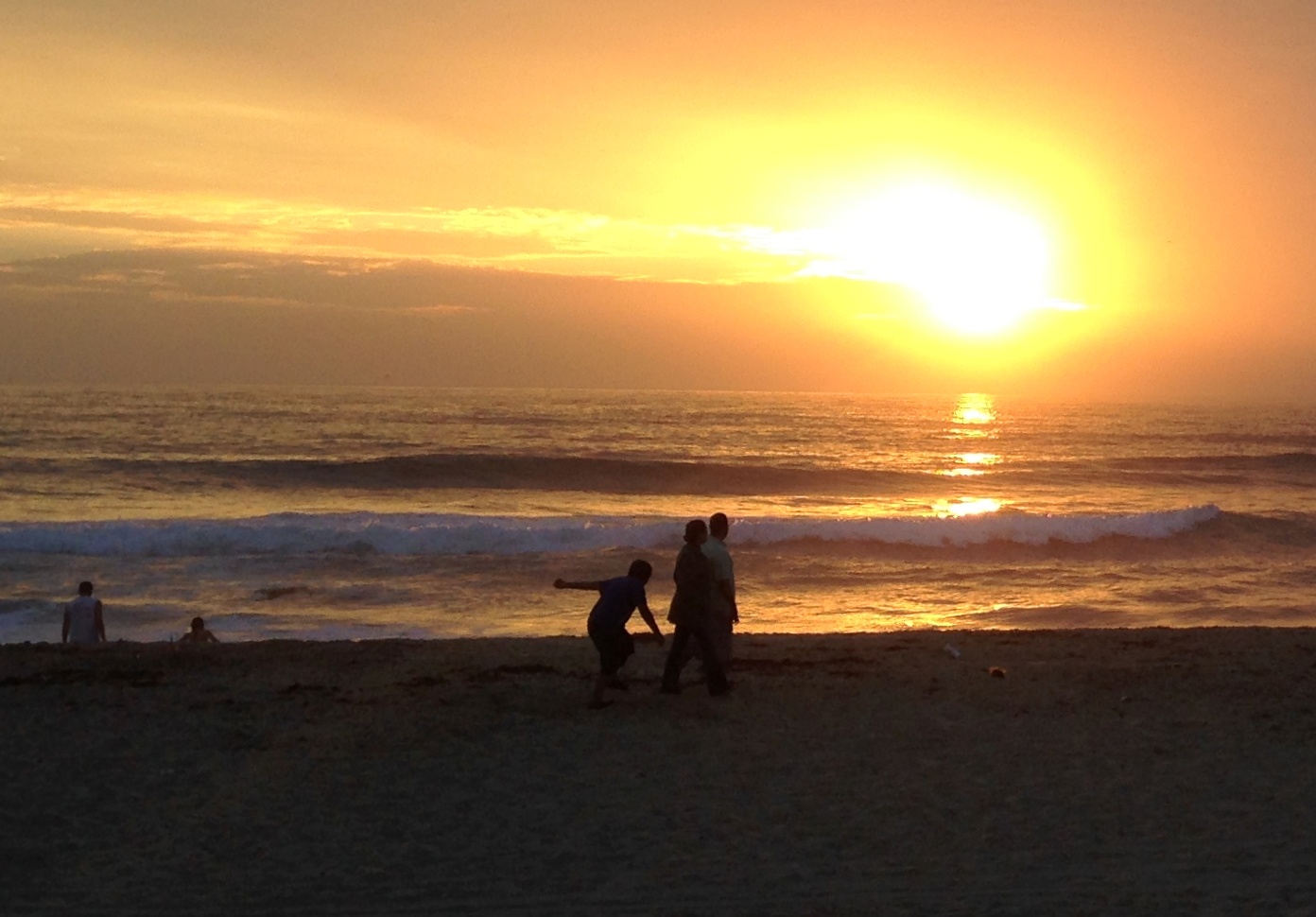
Scientists define environmental limits within which humanity can continue to thrive on earth.
Researchers are imaging the brain’s microglial cells to get a better handle on the causes of chronic pain.
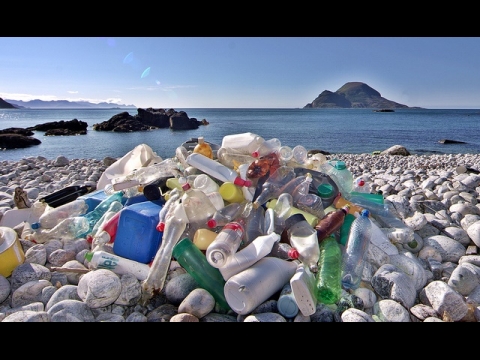
Middle income countries with underdeveloped waste-management infrastructures contribute disproportionately to plastic debris that ends up in the …
According to some experts, the internet would be more efficient if data was labeled by its content rather than its location on a server.
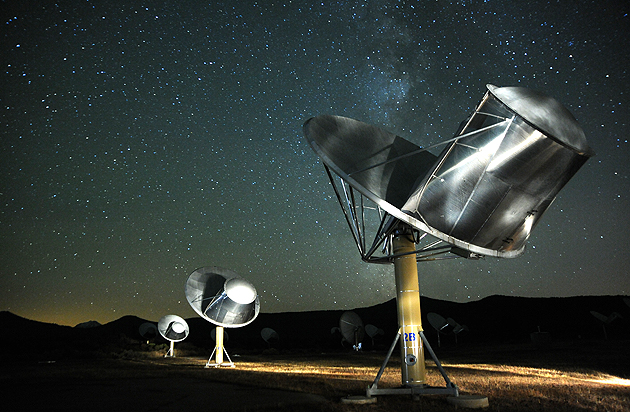
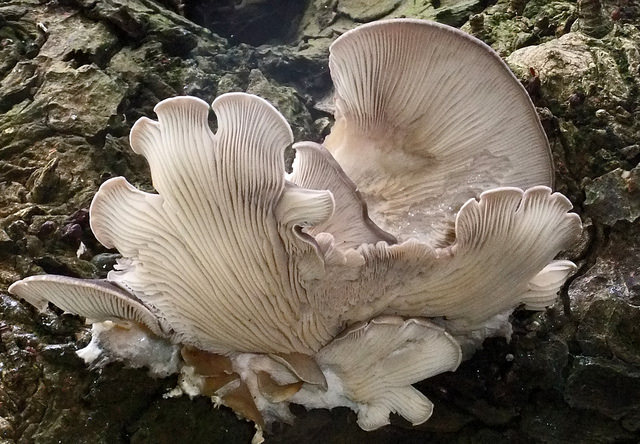
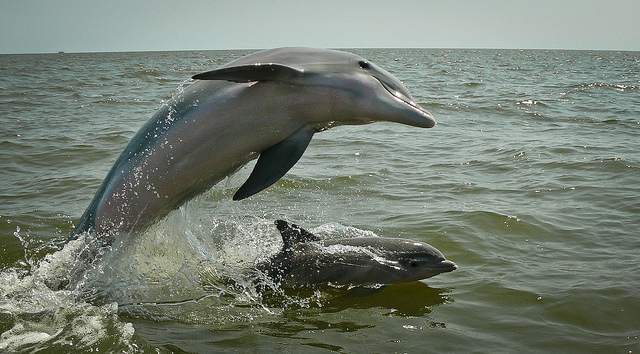
Each bottlenose dolphin makes up its own signature whistle early in life that functions much like a name.

The brain creates – and then reinforces – memories of events that never really happened.

To find their way around, animals have specialized neurons that fire in response to specific locations in the environment.

Scientists are learning from birds’ amazing metabolisms to help human athletes perform better on the ground.
Toxins from scorpions could lead to new drugs for neuromuscular disorders and cardiovascular disease.
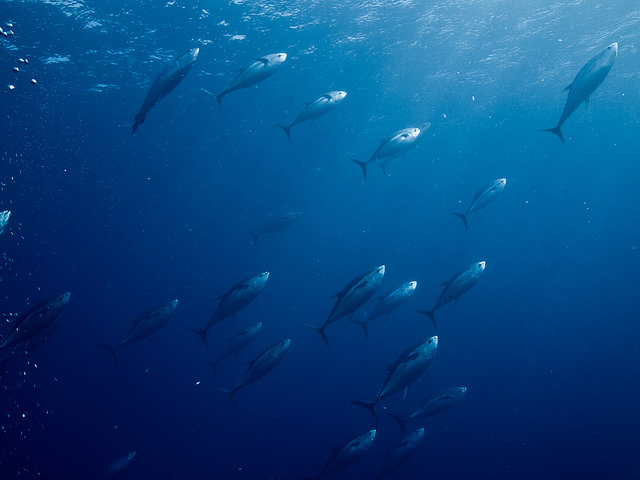
A roundup of science news stories including making ethanol from nitrogen out of thin air, and an uptick in mercury levels in tuna.
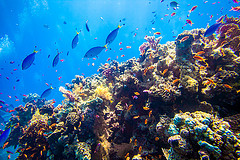
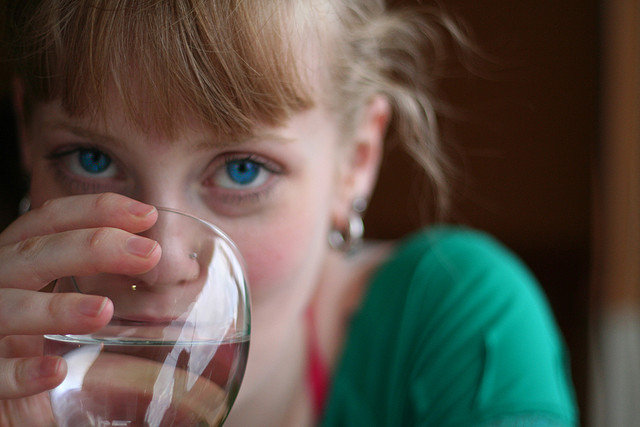
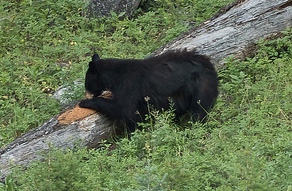

Physicists decipher ancient scrolls that were burned and buried by the eruption of Mount Vesuvius 2,000 years ago.
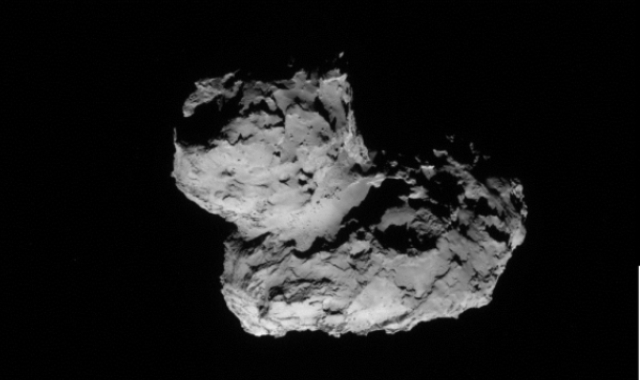
The Rosetta spacecraft currently orbits Comet 67P. Its uncanny resemblance to a child’s rubber ducky toy produces seasons which affect its thin …
A roundup of some of this week’s most interesting science news, including key genetics variants related to brain size and psychiatric disorders, leaky …
